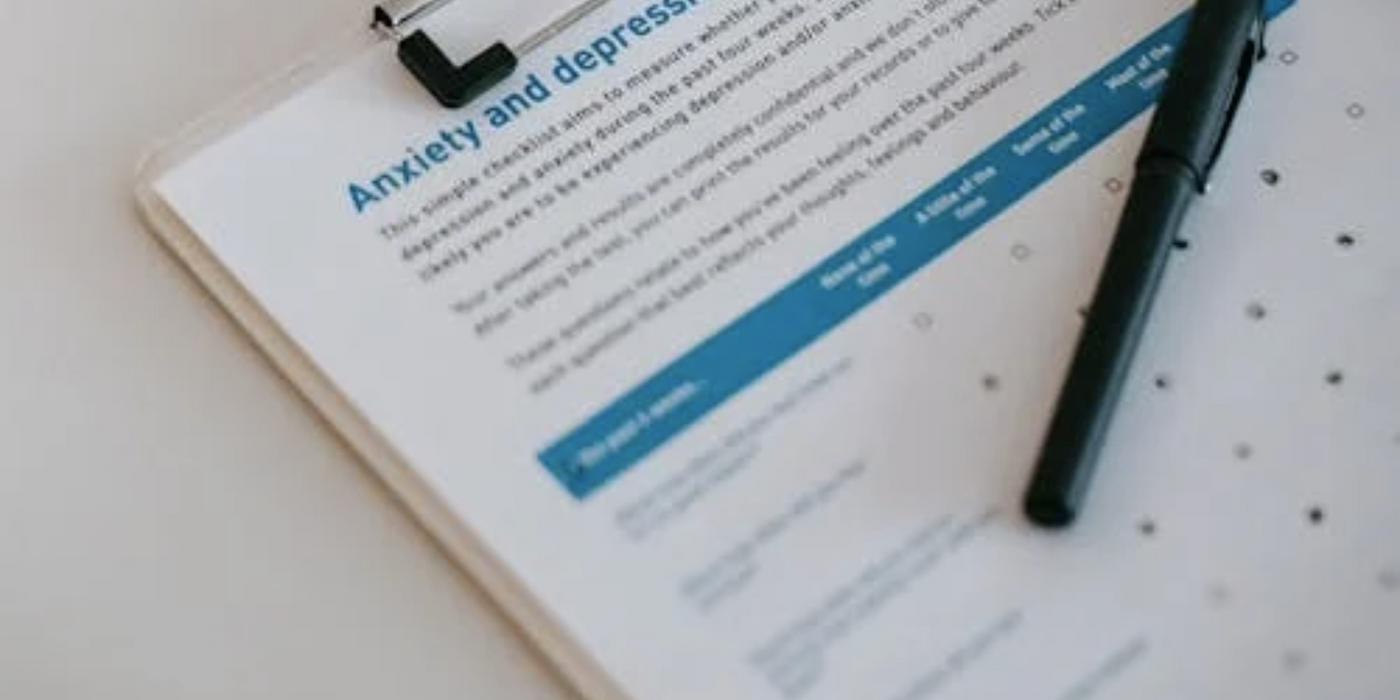Emotional FAQs
“Why do I feel numb?” “Why do I overthink?” “Why do I shut down?”
These aren’t personality flaws. They’re nervous system adaptations. Many of us are asking big emotional questions in the language of the internet—“I’m spiralling,” “I’m dissociating,” “I’m emotionally unavailable”—and underneath those phrases are real, physiological stress responses.
Let’s break down what these phrases often mean—and what your body might be trying to say:
- “I feel numb” = Your nervous system may be in a freeze or fawn state. It’s self-protection, not detachment.
- “I’m overthinking” = Your brain is scanning for threat. It’s trying to prevent pain. It’s vigilance, not failure.
- “I shut down” = Your system is overloaded. Disconnection can feel safer than chaos.
- “I’m emotionally unavailable” = Often code for: I’ve been hurt before. My walls are smarter than my wounds.
- “I’m spiralling” = A signal your thoughts are in loop-mode. Your prefrontal cortex has temporarily left the chat.
- “I’m dissociating” = A sign your system is protecting you from overwhelm. It’s a survival state, not a failure to cope.
- “I can’t focus” = Your brain is overloaded. Cognitive fatigue is real. It’s not laziness—it’s neural exhaustion.
- “I’m too much” = Internalised shame speaking. Often a learned response to being misunderstood or dismissed.
- “I don’t feel anything” = Emotional shutdown. A short-term strategy that worked once. You don’t have to stay there.
- “I’m fine” = Often code for: I don’t feel safe enough to say more. Emotional safety matters more than emotional expression.
Understanding your emotional patterns isn’t overthinking. It’s emotional literacy. And it’s a skill you can build.
These states don’t mean you’re broken. They mean you’ve been bracing. With support, reflection, and nervous system care, it’s possible to shift—gently and with care.
Begin with softness. Start by noticing. Then naming. Then nurturing.
For more reflections on emotional states, read:
- https://www.thethoughtco.in/pages/burnout-guide?_pos=1&_sid=1e03e9033&_ss=r ↗
- You’re Not a Mess—You’re in a Rebuild ↗
- What Kind of Inner Critic Do You Have? ↗
You are not a diagnosis. You are a response to what you’ve lived through.







